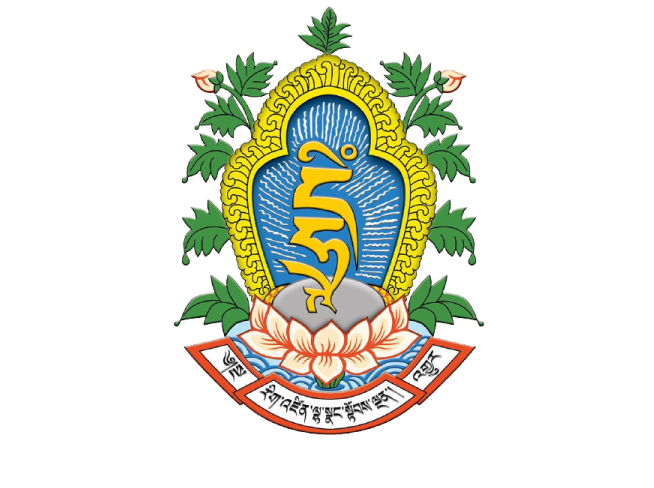The Tibetan Book of the Dead for BeGinners
Enduring and accessible advice for living with wisdom and compassion―and meeting the end of life with courage and peace
25% off - on preorders with Barnes & Noble - through April 28.
Use discount code PREORDER25 at checkout.
Through countless editions and across centuries, The Tibetan Book of the Dead has drawn readers intrigued by the Tibetan Buddhist view of the end of life. In a world that often ignores death or hides it from view, Tibetan Buddhists acknowledge it as the last of a countless series of endings in this lifetime. And after each ending comes a new beginning. The Tibetan Book of the Dead for Beginners draws on this timeless wisdom to help readers today live with more joy and approach the end with more ease.
Lama Lhanang Rinpoche, born and raised in Tibet and now teaching in the United States and internationally, partners with student and meditation teacher Mordy Levine to share teachings inspired by The Tibetan Book of the Dead. They make clear that “how we live is how we will die.” The book explores karma, impermanence, the bardos (or the “in-between”), and what happens next, sharing accessible practices to cultivate wisdom and compassion along the way. With empathy and warmth, Lama Lhanang and Levine offer support for readers grappling with their own mortality and those caring for loved ones transitioning from this lifetime.
The Tibetan Book of the Dead for Beginners helps readers cultivate courage and embrace the unknown―not just in the final days, but every day.
Order at your favorite bookseller:
Praise for The Tibetan Book of the Dead for Beginners
“Overall, this manual offers plenty of helpful insights, whatever one’s religious beliefs. An accessible
and empowering guide to Buddhist philosophy and practices on death and dying.”
“Lama Lhanang Rinpoche and Mordy Levine have written a gracious, elegant book that illuminates the renowned Tibetan Book of the Dead in simple yet profound language perfectly tailored for contemporary readers. They uncover the wisdom of the great Tibetan enlightened master Padmasambhava’s teachings on how to live, how to approach inevitable death, and how to help loved ones facing death. Both new and experienced practitioners will find this book provides an opportunity for transformation and growth.”
“The Tibetan Book of the Dead for Beginners is an absolute treasure. It is a thorough, concise introduction to the classic work. It contains practical guidance on what to expect and how to care for loved ones and one’s self at the time of transition.”
“The Tibetan Book of the Dead is a profound Buddhist text. It offers us a timeless wisdom that guides on how to live with joy and die with peace. This new book elucidates this ancient text in clear, contemporary language that makes it practical and applicable for people today. May it bring about insight into a deeper meaning of life to whoever reads it.”
“This book is a practical beginners’ guide that prepares all of us―no matter what culture or religion, at home or in hospital―for the eventual dying process. Personal intention and practice to develop wisdom and compassion in life are keys to dying as we have lived. In our dying process we can create good karma moving forward with our evolving consciousness.”
“This is a joyful book, offering an option to not shy away from the natural process of dying while remembering to celebrate every moment of life along the way. May its merits pervade everywhere.”
“An accessible book that offers many practical suggestions to those supporting those dying and to those who are dying themselves. I especially appreciated the section on cultivating compassion, which necessarily includes self-compassion.”

